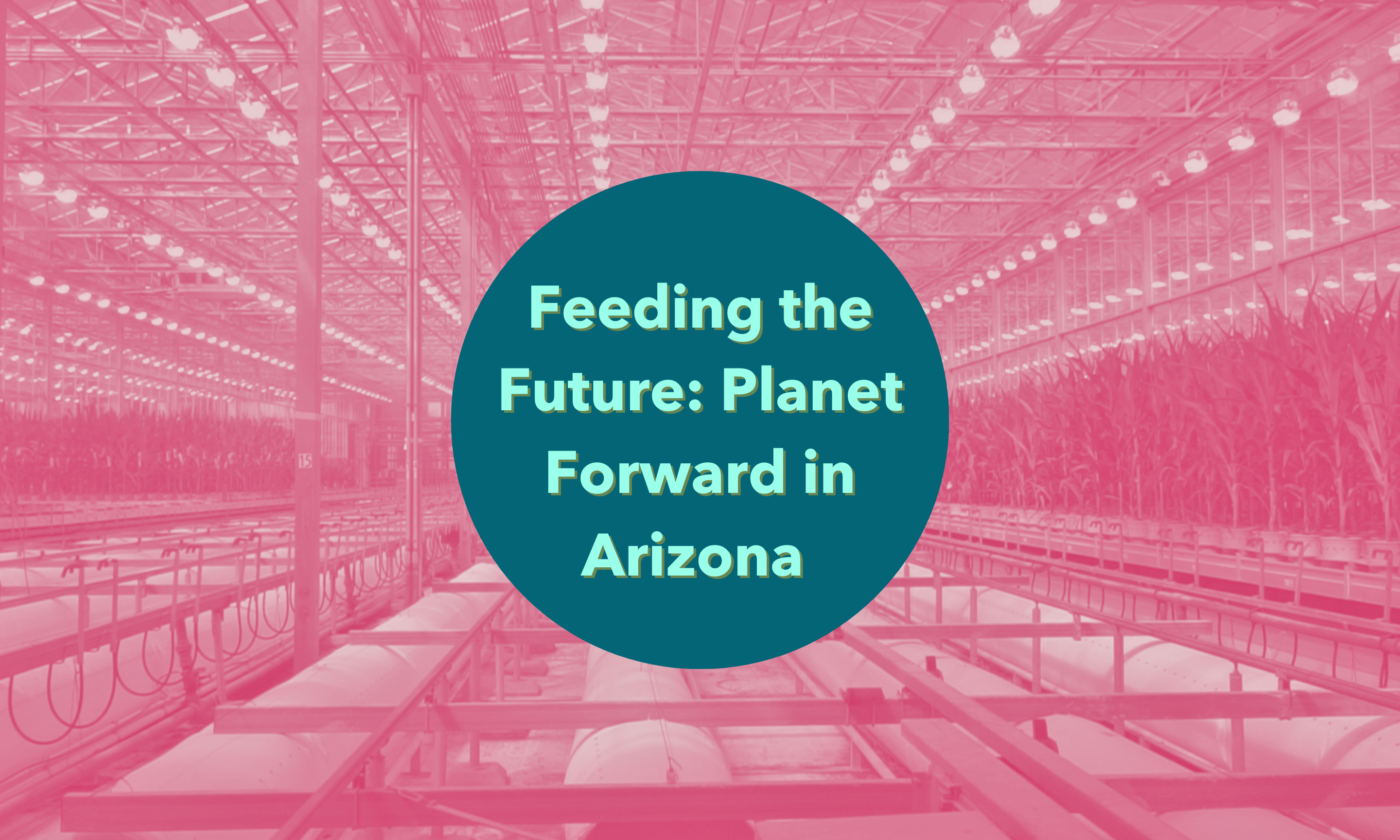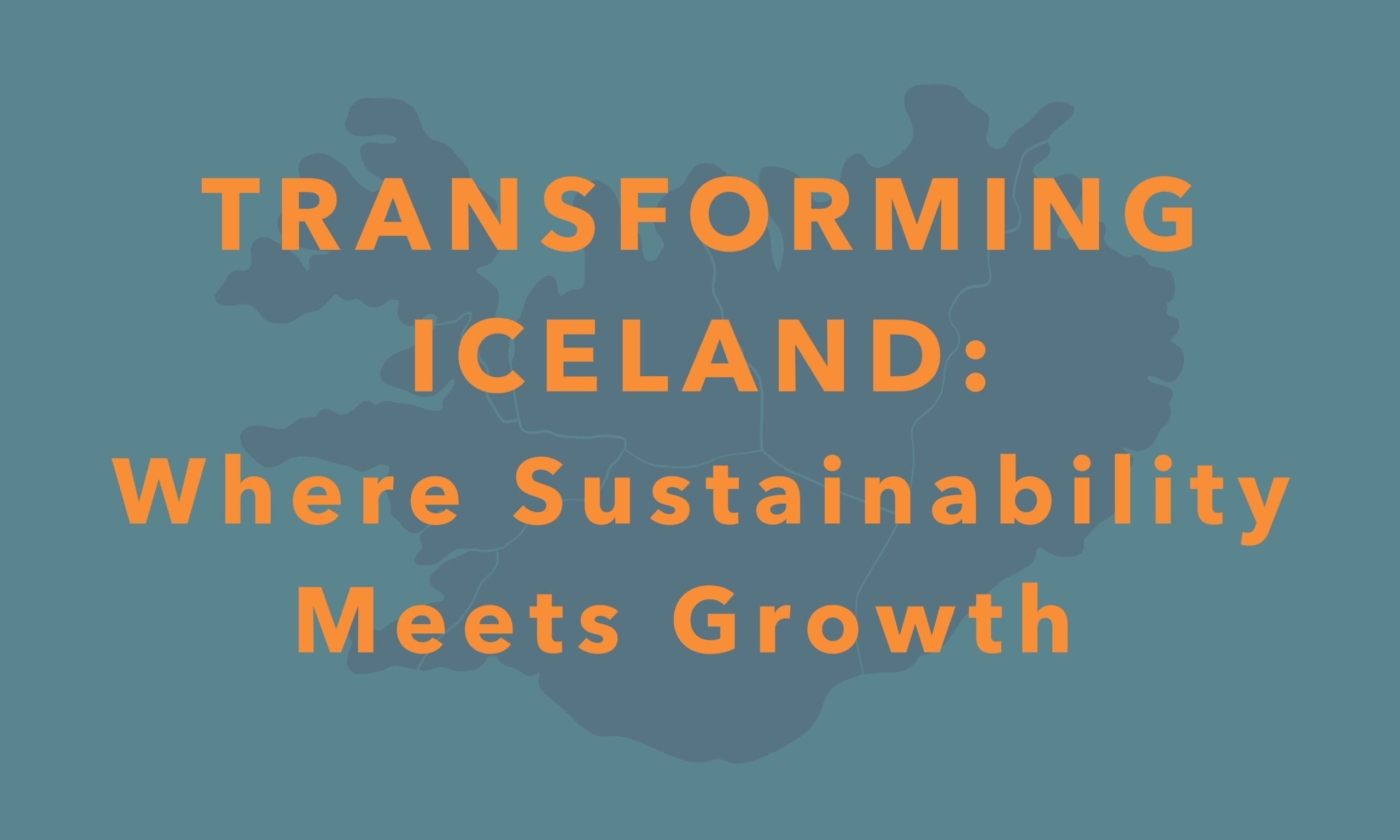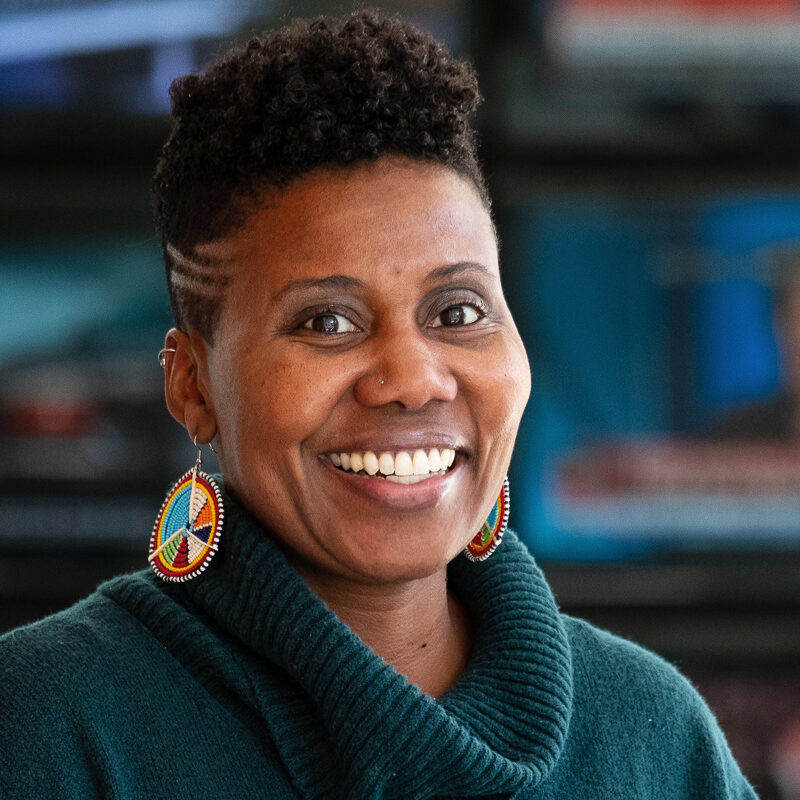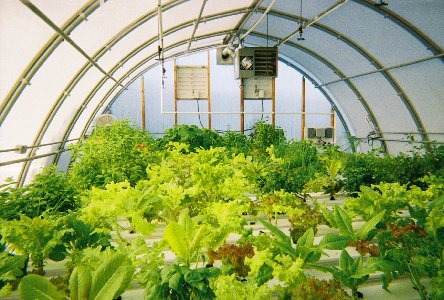

Africa
Beverly Ndifoin
Mandela Washington Fellow | Notre Dame University
Beverly Ndifoin
Mandela Washington Fellow | Notre Dame University
Imani Cheers
Director of Academic Adventures | Planet Forward
Devin Greene
Digital Media Producer | Planet Forward Alumnus
David Wilson
Purdue University
Emilee Hoopes
University of Arizona Honors College
Get the Newsletter
Get inspiring stories to move the planet forward in your inbox!
Success! You have been added to the Planet FWD newsletter. Inspiring stories will be coming to your inbox soon.
GreenGoingForward
Planet Forward Contributor
Robin Ingenthron
Planet Forward Contributor
Robin Ingenthron
Planet Forward Contributor
Susanna, PF Web Maven
Website Manager | Planet Forward Alumnus
Penumbraman
Planet Forward Contributor
A project of

in collaboration with

























